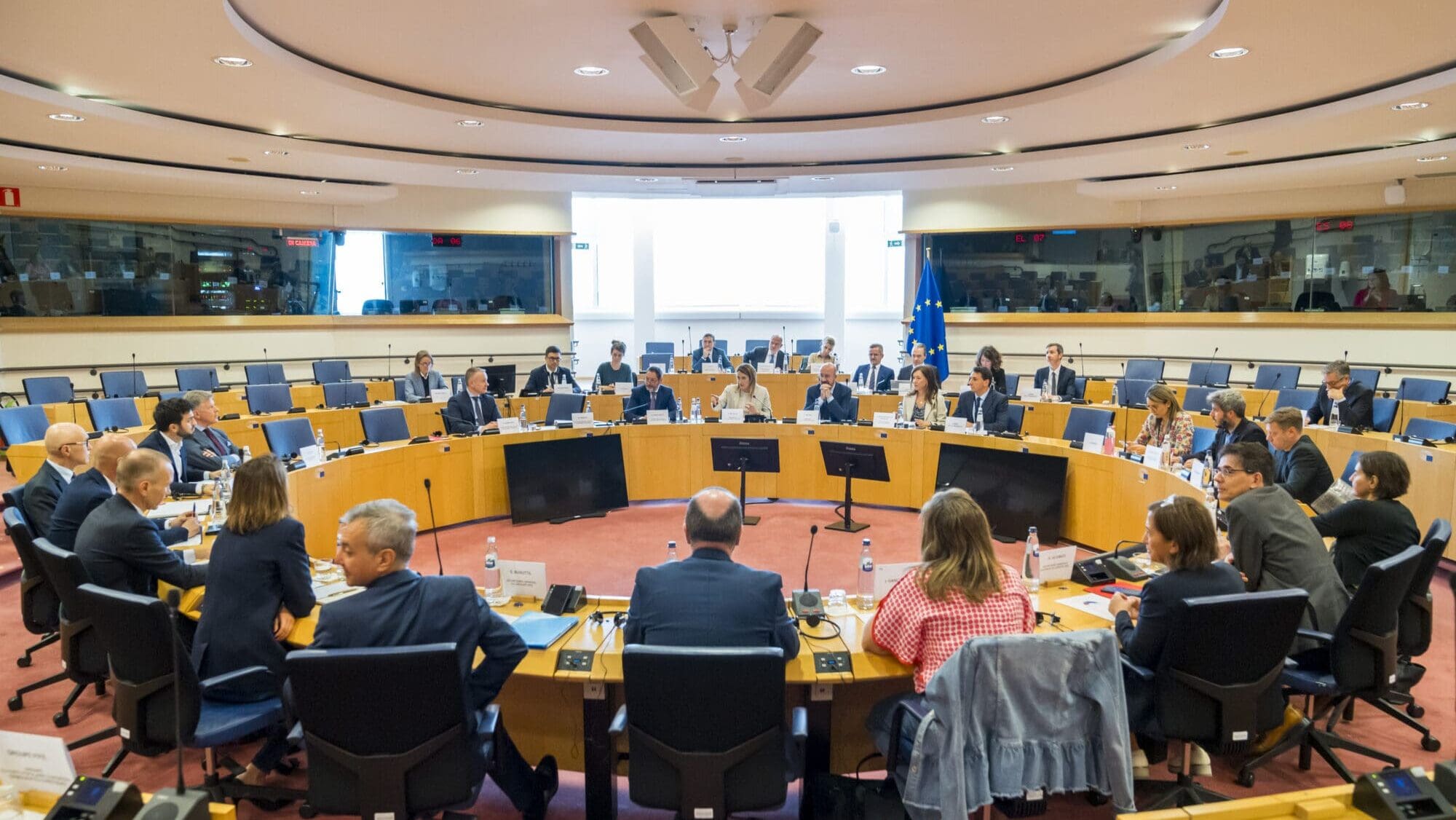
Photo: Daina Le Lardic © European Union 2024 – Source : EP
The objective of the EU’s Green Deal is to help reindustrialize the bloc’s economy, the head of the European Commission’s climate department declared at a recent event on green policymaking. Top European lawmakers are looking to change the focus from environmentalism to economic protectionism in light of the war in Ukraine and a deterioration of relations with China.
Kurt Vandenberghe, a key Green Deal advisor, made the comments in a panel discussion in the aftermath of the EU elections, bluntly saying that the landmark Green Deal, which first premiered in 2019, was ”no longer an ecological agenda.”
“What really matters is how to make the planet livable for people and to keep our civilization and our economic standards,” the Belgian-born Eurocrat went on to say, days after the EU announced stringent new tariffs of up to 38% on Chinese electric vehicles to protect domestic production.
Vandenberghe’s comments were echoed on stage by Polish climate boss Krzysztof Bolesta, who said that Brussels had suddenly “woken up to the reality of industrial policy” as it moved to protect key industries and begin the process of military rearmament.
The EU’s Green Deal, approved in 2020 before the Russo-Ukraine war and the COVID crisis, sets an overarching goal of the bloc becoming carbon neutral by 2050, assisted by €1 trillion in investment to turn Europe into a leader in green technology.
Many aspects of the Green Deal—the brainchild of Commissioner President Ursula von der Leyen and Dutch green commissioner Frans Timmermans—have been the object of harsh criticism, including a ban on new petrol engines by 2035, rewilding quotas, and new dependencies on imported raw materials and Chinese-manufactured green technology.
An impending World Trade Organization challenge by India against EU carbon tariffs on cement looks like the next challenge to new protectionist climate lawsFormer German energy commissioner Günther Oettinger caused a minor media stir in October last year by accusing the EU of weaponizing green policies against the Global South, saying that a new era of ‘neocolonialism’ had begun as the Green Deal morphed into overt protectionism.
“The EU’s imposition of additional tariffs on Chinese EVs is a typical example of protectionism, which is not conducive to the EU’s green transformation and undermines global cooperation in combating climate change,” lambasted Chinese Vice-Premier Ding Xuexiang at climate talks hosted in Brussels last week, after recent EU legislation also demanded manufacturers cut down on imported non-EU raw materials.
‘Bullets, not bees” was how the popular press described a leaked draft on EU green policies in the lead-up to European elections. Greenpeace activists and Green MEPs lamented that efforts to combat climate change were being sidelined by the need for Europe to remilitarize and stay competitive in an increasingly multipolar world.
